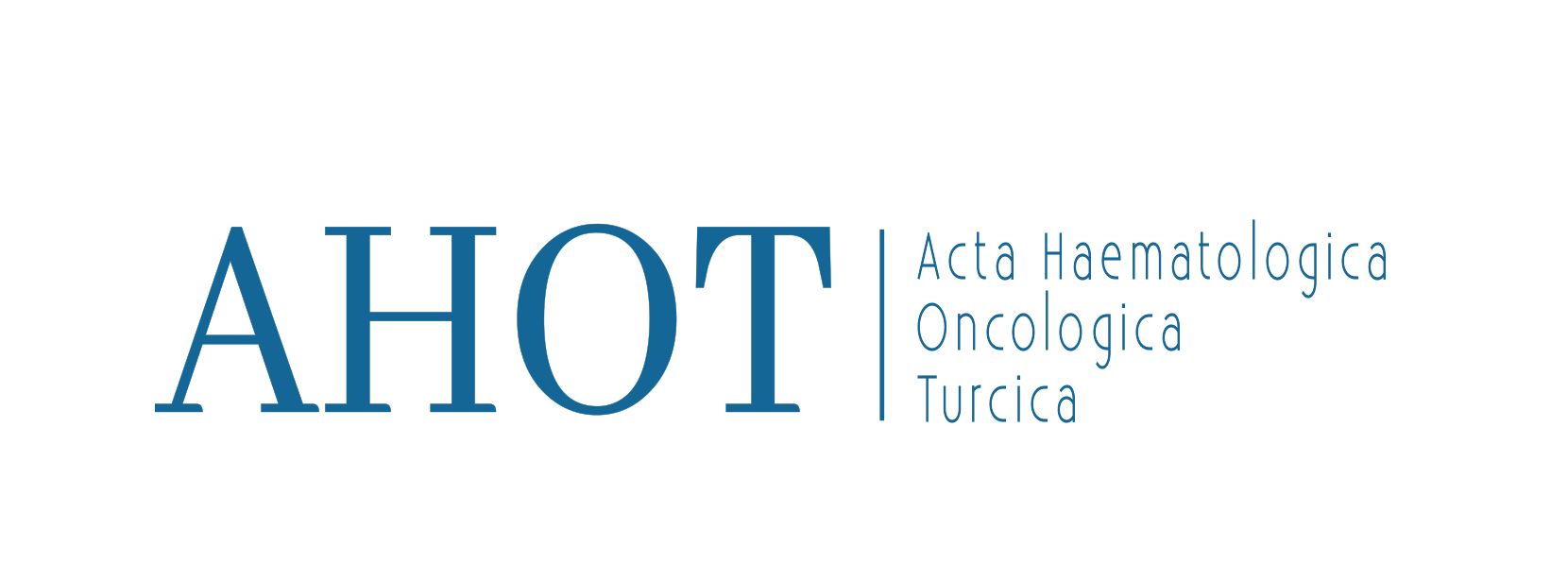Abstract
INTRODUCTION
To investigate patients with stage I, low-grade endometrial stromal sarcoma (LG-ESS) which is rare and has good prognosis and to evaluate prognostic factors affecting recurrence.
METHODS
Twenty-four patients with stage I LG-ESS diagnosis and followed-up in Tepecik Education and Research hospital and medical faculty of Zonguldak Bülent Ecevit University were investigated as retrospective. Patients who had undergone surgery and had follow-up at these two centers between 1998 and 2016 were included in the study. Exclusion criteria were endometrial stromal nodule or undifferentiated stromal sarcoma histologic types, stage II, III and IV ESS, accompanying malignancies and non-follow-up patients.
RESULTS
The effects of age, adjuvant radiotherapy (RT), myometrial invasion (MI), tumor size and number of mitotic figures on the recurrence risk of patients with stage I LG-ESS in follow-up were analyzed according to logistic regression analysis and it was found that there was a significant correlation between the risk of recurrence and presence of ≥5 mitosis in 10 microscopic high power fields. The effects of prognostic factors on disease free (DFS) and overall survival (OS) outcomes were investigated, but there was no statistically significant factor. 5-year OS and 10-year OS for Stage I, LG-ESS patients were calculated as 100% and 86.2%, respectively; 5-year DFS and 10-year DFS for those patients were 91.7% and 85.1%, respectively.
DISCUSSION AND CONCLUSION
LG-ESS patients have excellent prognosis and adjuvant RT therapy has no effect on prognosis. These patients have long survival time, adjuvant RT treatment should be considered in recurrence treatment.



